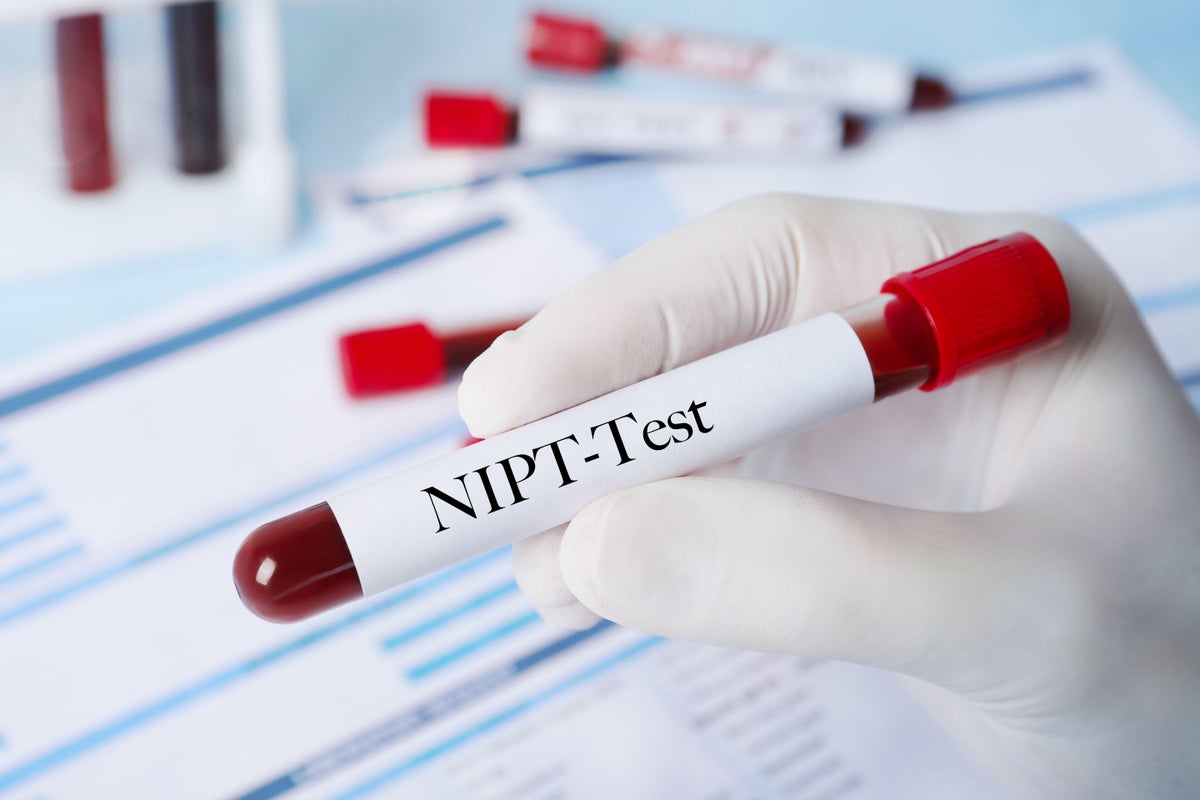Now Reading: Prenatal Test Detects Cancers in Expectant Mothers
-
01
Prenatal Test Detects Cancers in Expectant Mothers
Prenatal Test Detects Cancers in Expectant Mothers

Rapid summary
- Noninvasive Prenatal Testing (NIPT), introduced in 2011, screens for chromosomal conditions by analyzing cell-free fetal DNA from maternal blood. It is widely used in over 60 countries and valued at $4.5 billion globally.
- Anecdotal evidence since the early days of NIPT suggested that abnormal results not linked to fetal chromosomal issues might indicate cancer in the pregnant person, prompting speculation about a correlation.
- The IDENTIFY study launched in 2019 investigated this connection by evaluating pregnant or postpartum participants with unusual test results that did not align with fetal abnormalities (discordant results).
- Findings from a December 2024 report revealed that almost 50% of participants exhibited some form of cancer; early identification allowed timely interventions when many were asymptomatic. However, seven participants had died by the time the paper was published.
- Identifying maternal cancers through prenatal screenings has spurred debates on proper follow-up protocols, professional readiness among obstetricians and oncologists, insurance hurdles for additional testing, and ethical dilemmas surrounding treatment during pregnancy.
- Individual cases highlight both lifesaving outcomes made possible through earlier diagnosis (e.g., aggressive lymphoma managed during pregnancy) and missed opportunities due to systemic gaps or insufficient awareness among healthcare providers.
Indian Opinion Analysis
the unexpected finding of NIPT’s ability to detect cancers highlights both opportunities and challenges relevant across global healthcare systems-including India’s growing reliance on advanced medical diagnostics as part of modern obstetric care. This progress underscores the importance of refining diagnostic protocols while ensuring access to equitable follow-up for anomalies detected during routine tests.
Given India’s rising cancer rates-coupled with limited genetic counseling infrastructure-it will be crucial to raise awareness among healthcare professionals about such findings’ broader implications beyond fetal health. Challenges like inadequate coverage under public health schemes coudl hinder timely intervention based on these discoveries unless addressed systemically.
Further collaboration across specialties-obstetrics, genetics, oncology-and stakeholder education will be pivotal if Indian practitioners are to utilize advancements like NIPT effectively without overlooking ethical considerations regarding treatment impact on mother-child outcomes during pregnancy.

























